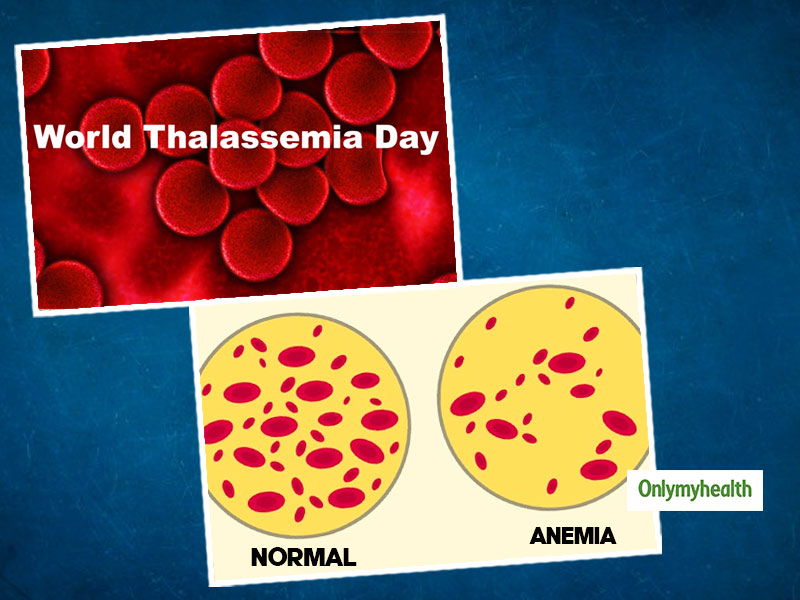
Thalassemia is an inherited blood condition. It is a genetic disorder that leads to a lack of haemoglobin in the body. Haemoglobin is an essential part of RBC. Do you know that it is the protein that carries oxygen around the body? Lack of haemoglobin can cause anaemia. The time child usually diagnoses thalassemia is six-month-old. Thalassemia is of two types - alpha and beta. Alpha thalassemia occurs due to genetic changes in two genes (HBA1 and HBA2). Beta-thalassemia is due to a genetic disorder in one gene (HBB). Alpha-thalassemia is usually observed in countries African, Asian and the Middle East countries.
Table of Content:-
These are the five things told by Dr Rahul Bhargava, Director & Head, Fortis Memorial Research Institute, Gurugram that every person who is born with thalassemia should consider:
Vaccines
Vaccines help to prevent many serious infections. Thalassemia patients should get all the recommended vaccinations. They should also get a flu vaccination. If you have had your wrath removed, you are at high risk for certain infections. In this case, you should follow an individual vaccination schedule for Haemophilus influenzae type b (Hib), pneumococcal vaccines and meningococcal vaccines.

Nutrition
Though iron is generally considered very important for the body and dieticians urge people to eat foods rich in iron, it is not the case with thalassemia patients. Thalassemia patients, who already have to go through iron chelation therapy, should avoid foods rich in iron. Iron is found in dates, green leafy vegetables, raisins, red meat, cereals and orange juice. Thalassemia patients should also avoid watermelon, as it is rich in vitamin C, which can prove to be dangerous. Thalassemia patients should discuss with their doctor whether or not they should limit the amount of iron in their diet. Besides this, patients should intake calcium-rich foods like milk and eggs. Foods such as banana, sweet potatoes and beetroot are rich in folic acid and reduce symptoms.

Also Read: Natural and effective remedies for epilepsy
Exercise
Exercise contributes to a better quality of life in many ways. Some patients may find it challenging to perform vigorous activities; they can participate in light exercises like walking and jogging. Also, discuss with your doctor which practices would be best for you.
Also Read: Everything you need to know about Epilepsy
Relationships

Relationships are an essential part of life. Good healthy relationships help thalassemia patients cope with the stress due to ongoing treatment and the disease. Whereas, everyone needs to get them tested for sexually transmitted infections and negotiating condom use, before getting involved in a sexual relationship. If you are a thalassemia patient or have a history of thalassemia in your family, and you are advised to get genetic counselling so that you and your partner are aware of the risks involved with pregnancy.
Treatment

The patients of thalassemia require blood transfusions along with iron chelation therapy from 6 months of age, at regular intervals. The permanent cure for the disease is bone marrow transplant or gene therapy. In a bone marrow transplant, the donors are generally siblings. Bone marrow therapy at an early age can completely cure the disease. Gene therapy is also advised, as the advanced technology has not shown any harmful side effects or risk of deadly diseases like cancer.
Read more articles on Other Diseases
How we keep this article up to date:
We work with experts and keep a close eye on the latest in health and wellness. Whenever there is a new research or helpful information, we update our articles with accurate and useful advice.
Current Version
